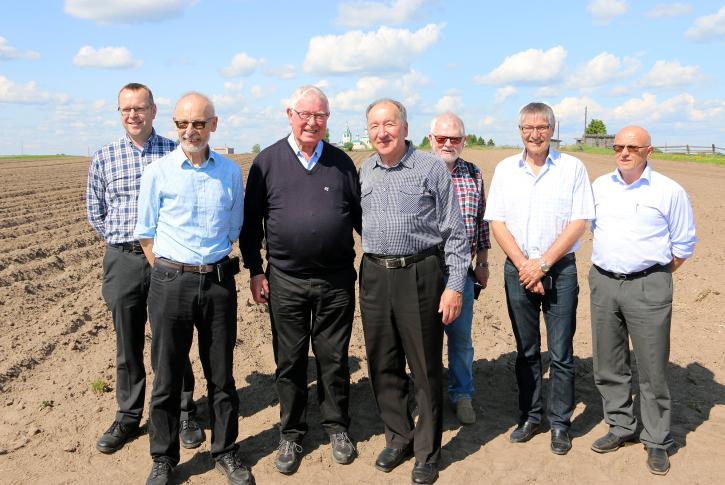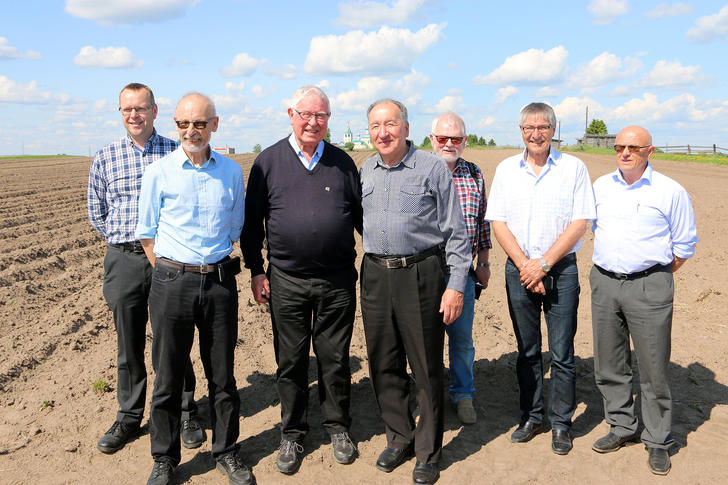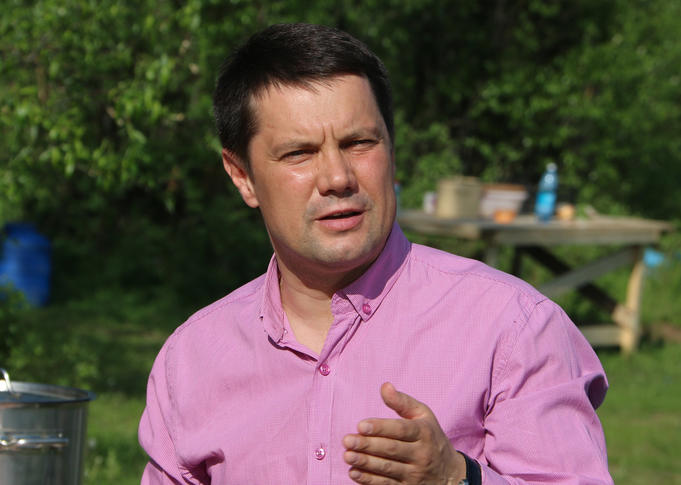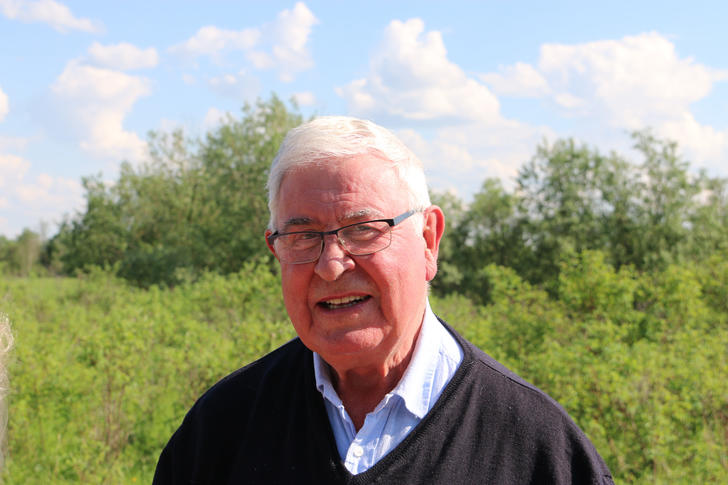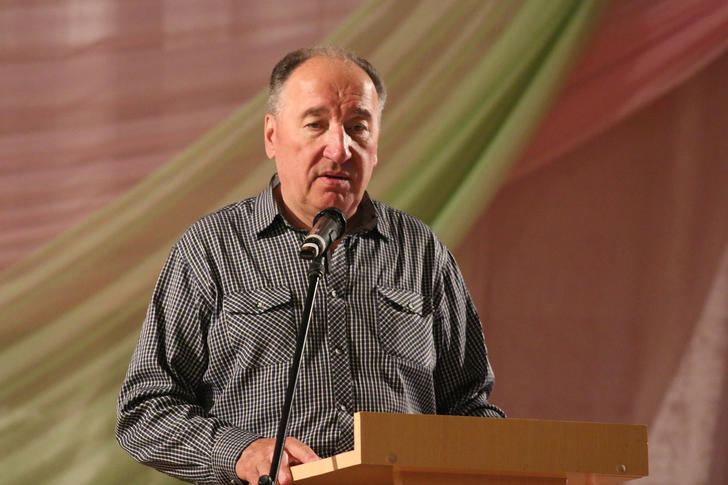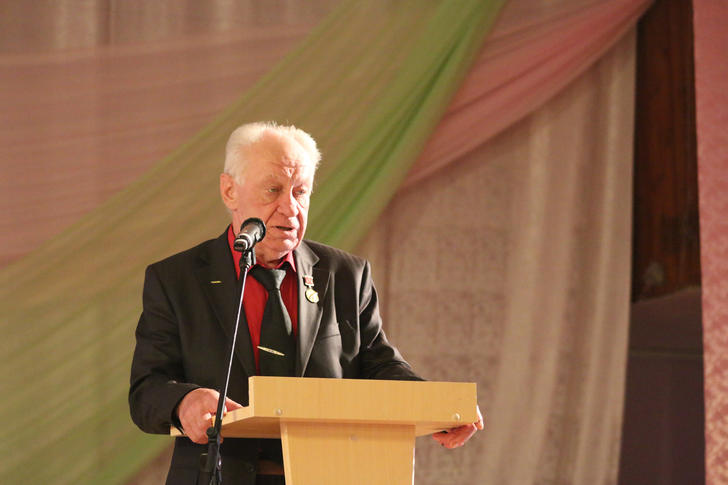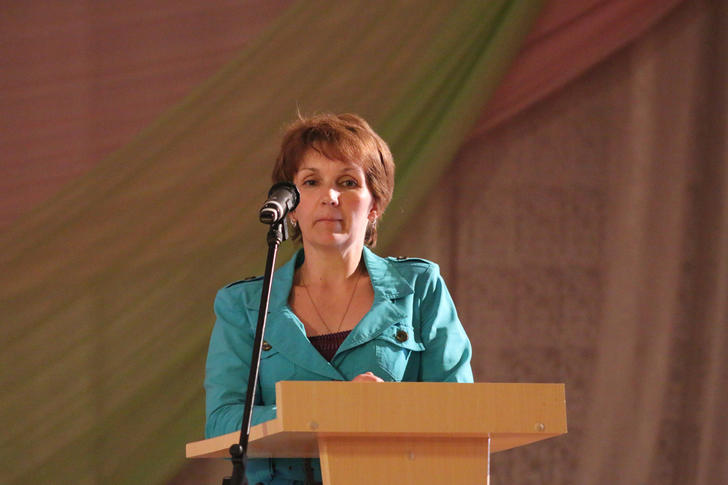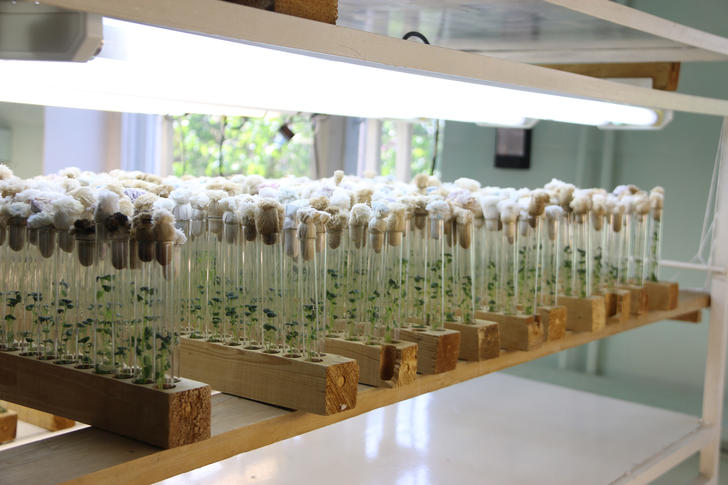Relations in growth for agriculture
Arkhangelsk is ready to step up the long lasting agriculture cooperation with Northern Norway. The regional minister of agriculture, Alexei Korotenkov, says that they are ready to support all kinds of activities which could help substitute foreign food products on the Russian market.
Over the years of Barents Cooperation, the projects developed within agriculture were some of the most successful and fruitful examples in Arkhangelsk oblast. First contacts between Norwegian and Russian agro-experts began even before the signing of Kirkenes Declaration – 1993.
Positive minister
Now agriculture once again is highlighted as one of the most important sectors for Norwegian- Russian research cooperation. It looks like in the current situation of sanctions and anti-sanctions, the Russian authorities are ready to support all kinds of activities which could help to substitute foreign food products on the Russian market. This was confirmed by the the new regional minister of agriculture, Alexei Korotenkov in an informal meeting with the Norwegian delegation.
Arkhangelsk Government looks positively towards development of new projects in agricultural sector, and the minister said that these new projects could be discussed during the traditional Margaritinskaya trade fair in Arkhangelsk in September.
Potato seeds
Arkhangelsk has always been seen as a nice polygon for Russian-Norwegian agricultural projects. The climatic conditions of the region are rather good for development of agriculture compared to other Russian Barents territories. Also the institutions like the Agrarian College, Agricultural Research Institute and the university made a good background for active cross-border activity.
The territory of Arkhangelsk oblast is considered as one of the best areas in Russia for development of potatoes seeds. This was one of the reasons of establishing in the middle of 90-s of Russian-Norwegian joint venture Agropotet in the surroundings of Arkhangelsk. Cooperating successfully with Kholmogory Experimental Agro-station Agropotet introduced Norwegian technologies and equipment and tried to develop in Kholmogory the best Russian and Norwegian sorts of potatoes for commercial purposes. The company was closed more than 10 years ago due to a sudden death of one of the Norwegian owners but the Norwegian equipment is still working here and the laboratory is functioning according to methodology offered by Agropotet. Russian partners still very warmly remember about this experience and dream how to revive cooperation in this sector.
Alexander Smirnov, director of Arkhangelsk Agrarian College, says that over 100 students of his college got training in Norway. Many of them worked in the farms in Northern Norway and the closest relations were built with Senja High School in Troms county.
- Today we have a sort of pause in our relations, but we think this is connected to the period of administrative reorganization in our partner college in Norway, says Smirnov, -
- We believe that very soon we will come back to the same level of cooperation. This is our common wish, he stresses.
Morten Furunes
A group of experts from the Norwegian Agricultural Consulting Association visited Arkhangelsk region recently. The Norwegian delegation had meetings in the Arkhangelsk Agricultural Research Institute, the Arkhangelsk Agrarian College, the Kholmogory Agricultural Experimental Station and the private farms.
The initiator and the leader of this visit was Morten Furunes, a man whose name is connected to a great number of Norwegian-Russian projects. For many years Morten coordinated the Barents cooperation in agriculture and even now being a pensioner continues this activity and rather often come up with new projects and ideas.
Furunes is one of those Norwegians who are well-known in Arkhangelsk. Many people connect his name with the heyday of Norwegian-Russian agricultural cooperation in the Barents region. And today when Morten is back in Arkhangelsk his old friends and partners reflect how to bring back the achievements in this sector.
Valentin Gintov, vigorous leader of the Arkhangelsk Agricultural Research Institute was one of those who supported and helped to developed first Norwegian-Russian agro-projects in Arkhangelsk oblast in 90-s.
Today the Institute that he is heading is a part of the structure of the Russian Academy of Sciences. Gintov initiated and chaired the conference devoted to the 25th anniversary of Russian-Norwegian cooperation in agriculture. The Norwegian experts also took part in the conference.
Areas of study
Except potatoes seeds growing, the speakers at the conference mentioned other areas of cooperation where Russian and Norwegian partners are already working. This is for example the study of aboriginal horse breeds in the North of Russia and Norway. Irina Jurjeva, the scientific secretary of the Institute, is a real enthusiast of the local Mezenskaja horse. For several years Irina was working with Norwegian colleagues comparing Mezenskaja horse to Norwegian Lyng and Fjord horses. Today Irina is trying to find new contacts and partners in the Northern Norway in order to continue the survey.
Arkhangelsk farmers are interested in supply of Norwegian agricultural machines and introduction of new technologies in the fields of dairy farming and potato cultivation. The Norwegian delegation visited one of such farms in the suburbs of Arkhangelsk. Boris Bondin, the owner of the farm, few months ago imported the potato digger and potato sorting machines from Norway and now is very satisfied with its price and quality. The Norwegian Agricultural Consulting Association is ready to assist Arkhangelsk farmers in the search and purchase of agricultural machines on the Norwegian and European markets.
Other farmers living in remoter areas of Arkhangelsk oblast showed interest towards the project of so called “Barents Farm” designed by Nedzad Zdralovich, the adviser of the Finnmark Governor and coordinator of cooperation in agriculture between Norway and Russia in the Barents Region.

